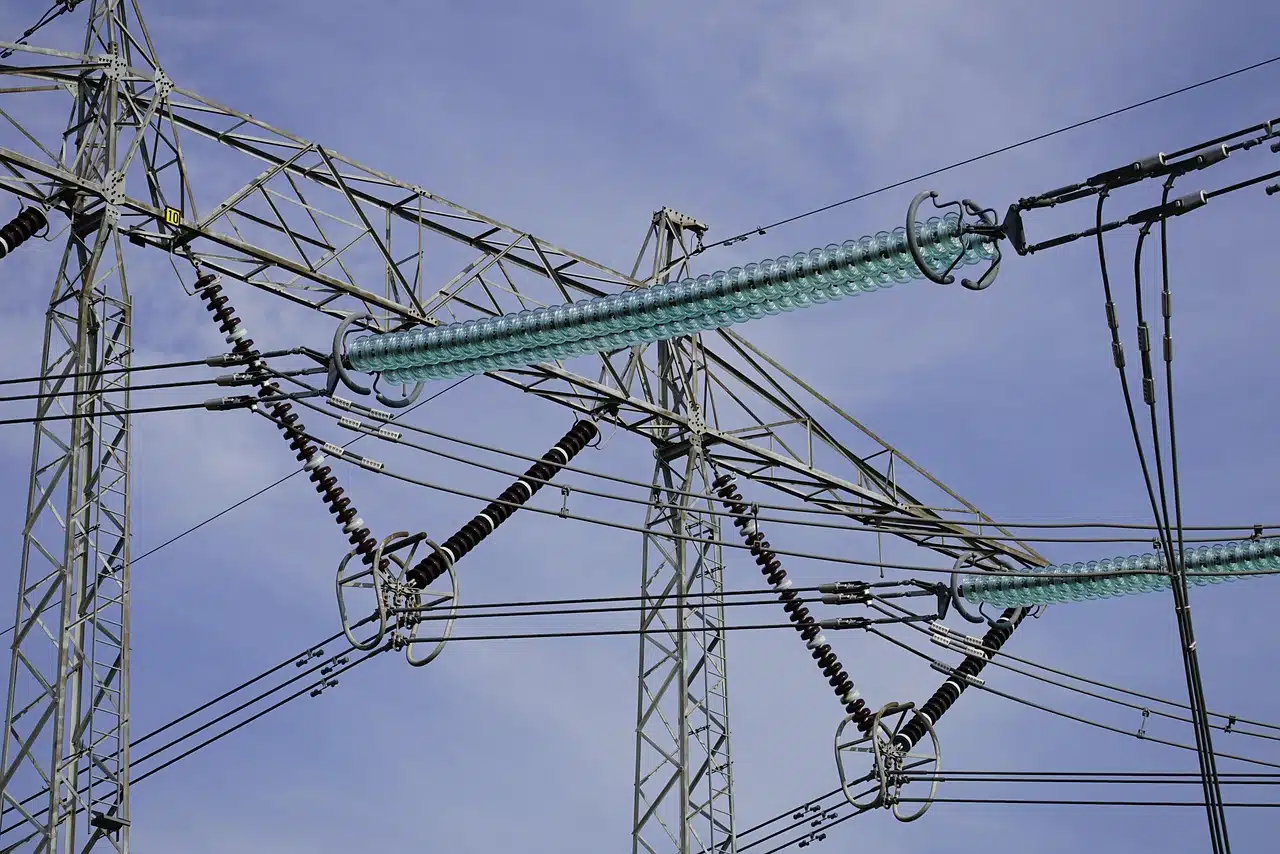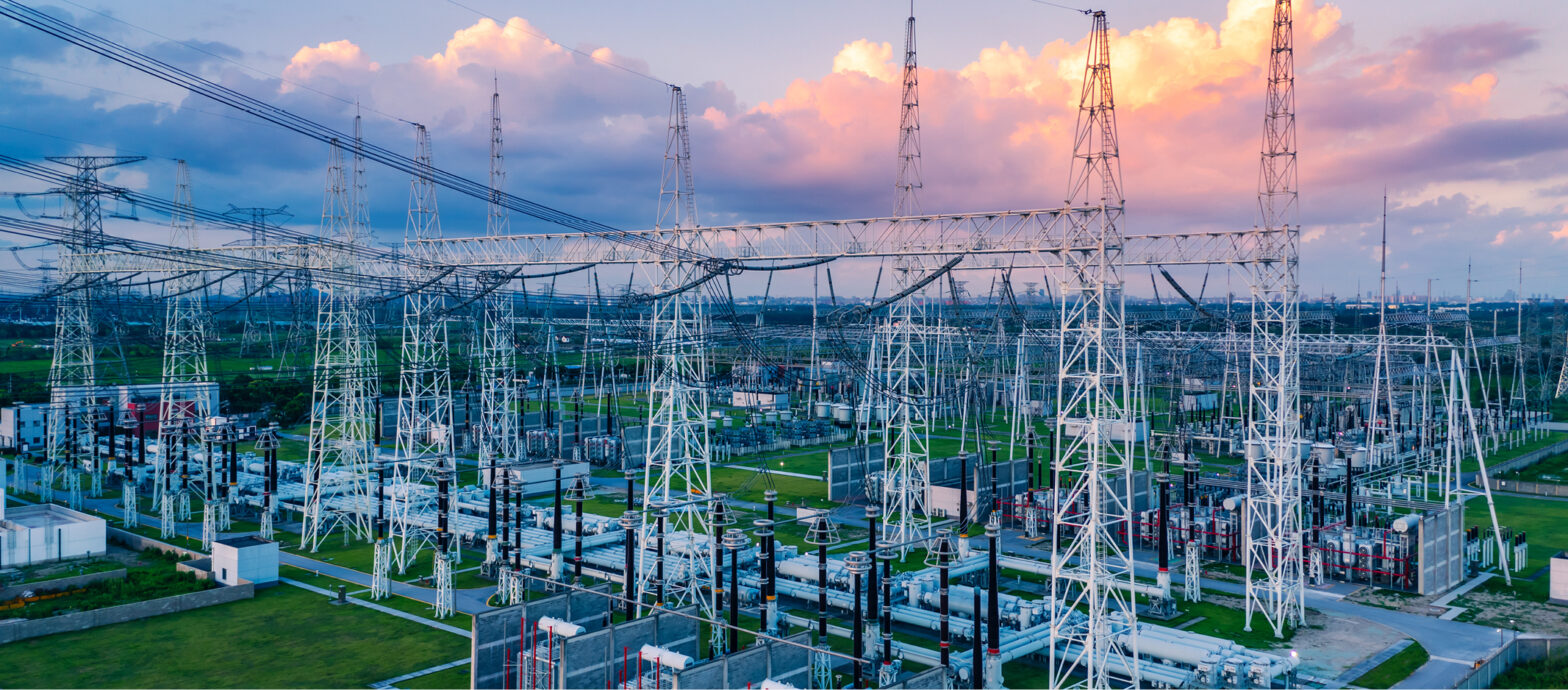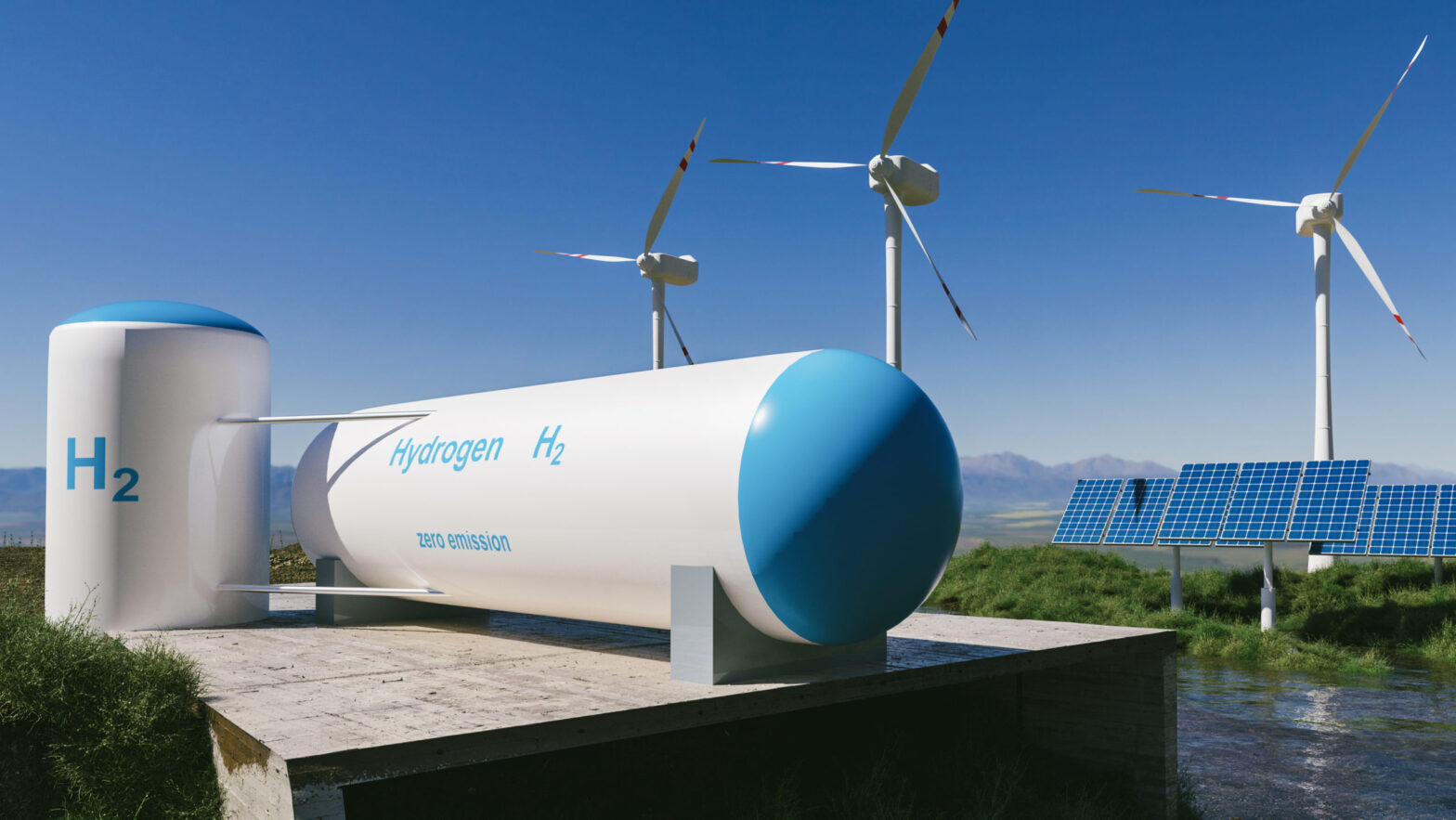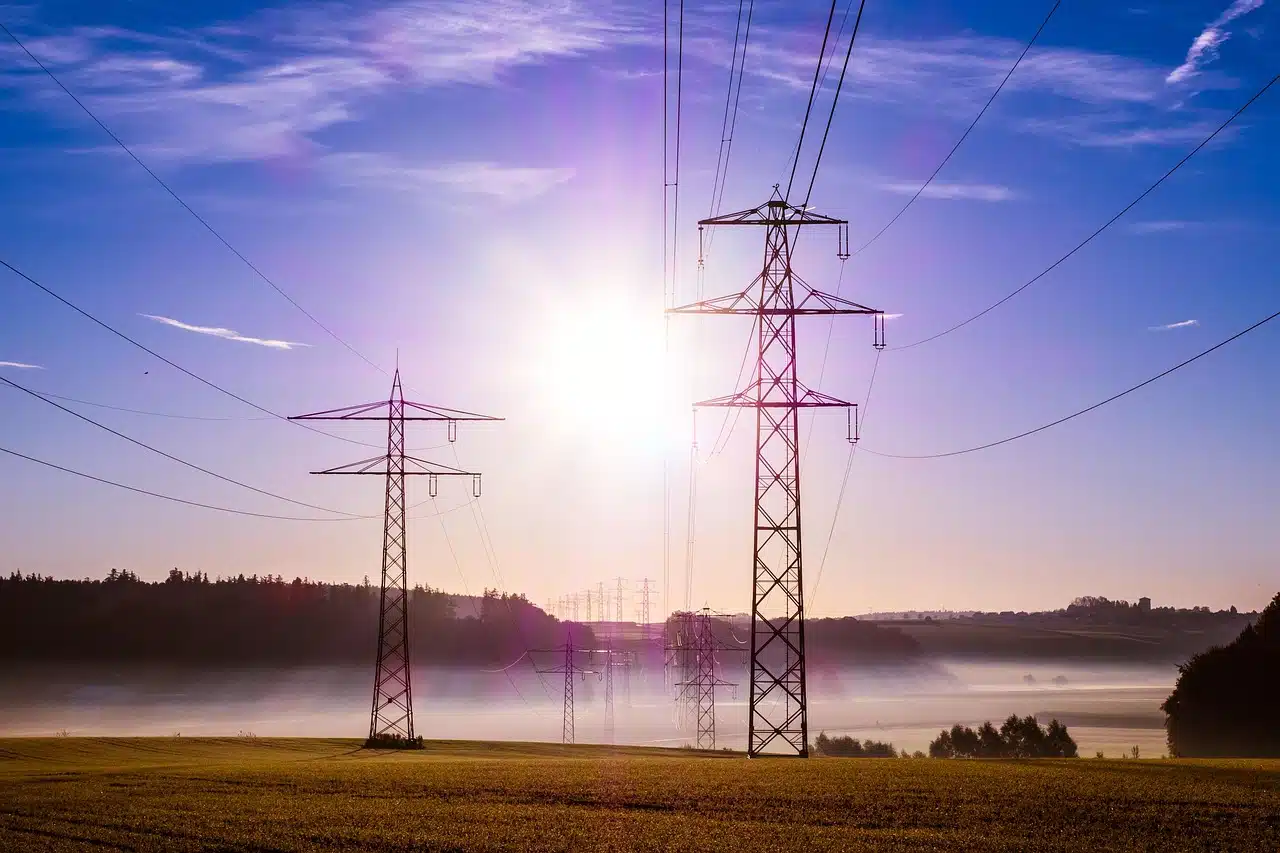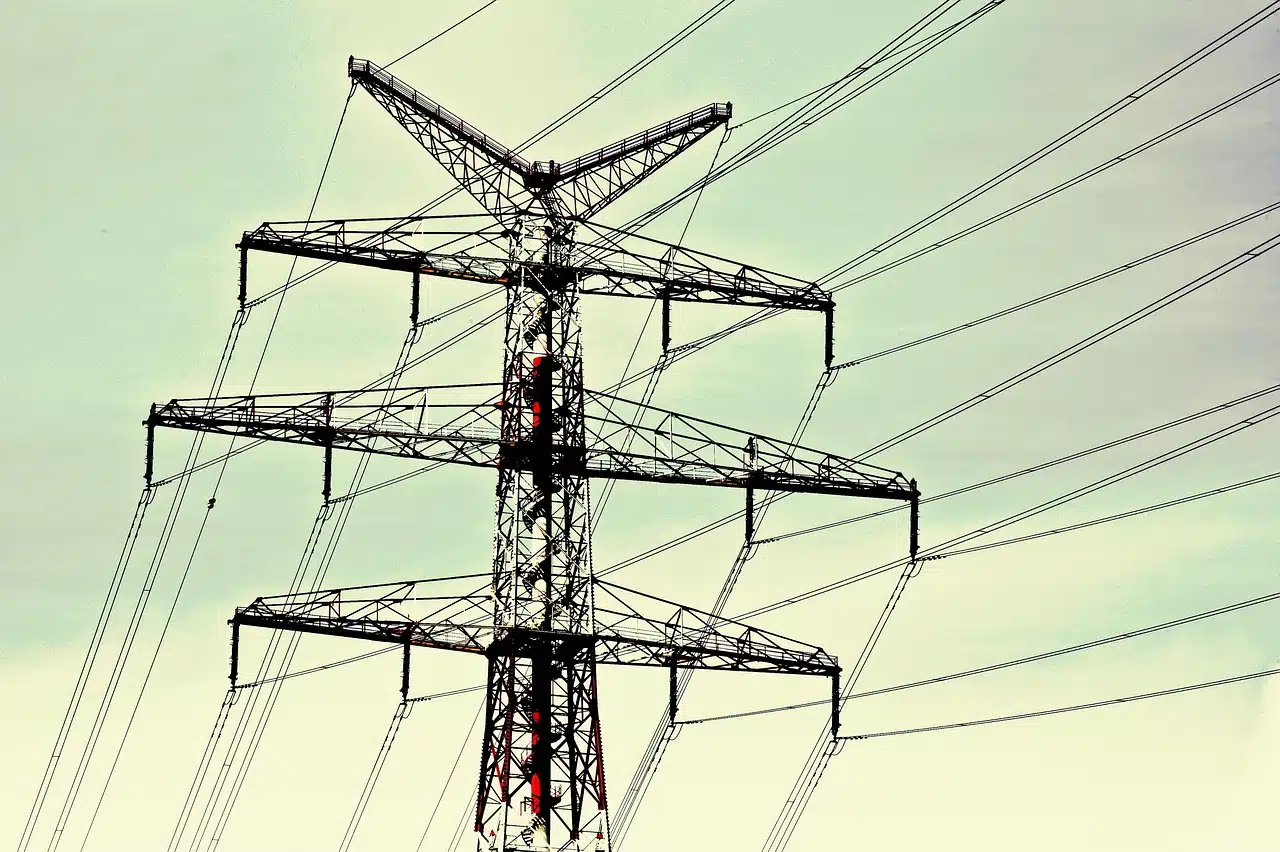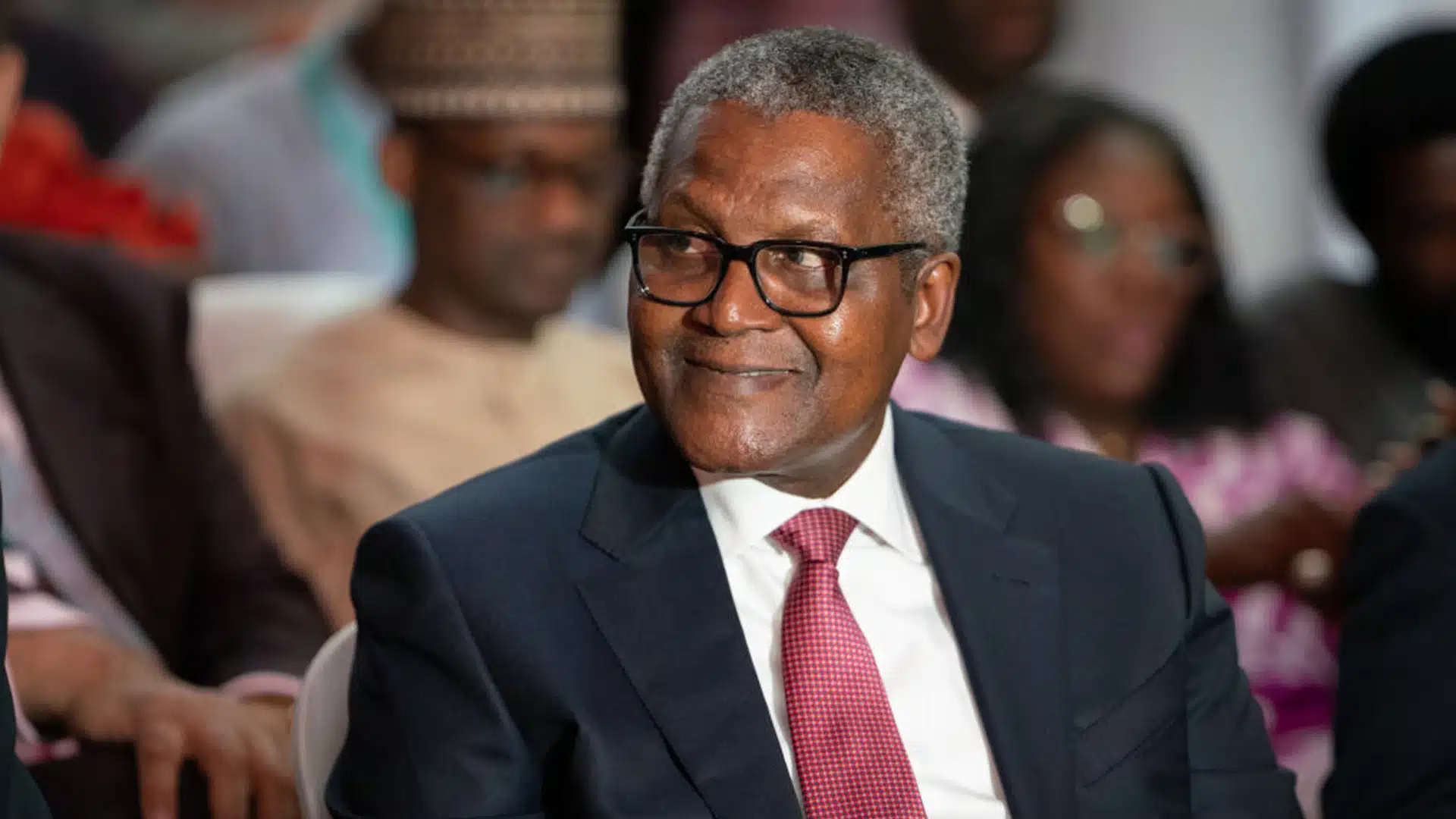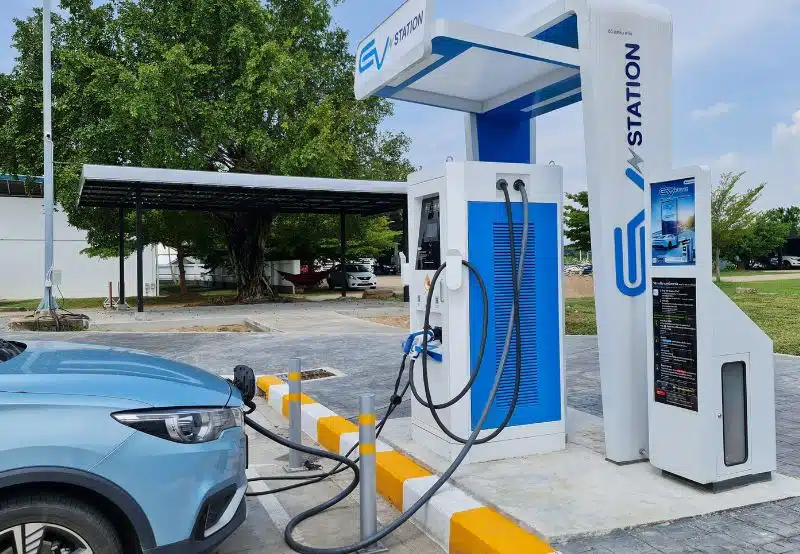The Rural Electrification Agency (REA) of Nigeria has announced plans to connect 1.5 million Nigerians to mini electricity grids in the country.
The Managing Director of the agency, Abubakar Aliyu, who made this disclosure on Monday while speaking in an interview, said the REA has identified 40 mini-grids which will be used to enable 1.5 million Nigerians to have access to electricity.
“We have identified 40 interconnected mini grids based on the numbers that have been submitted by the distribution company”, Aliyu said.
He said the REA mini-grid project will be aimed at areas under Band D and E in the Service Based Tariff (SBT) plan.
Aliyu stated that the REA will embark on distribution of electricity and ensure that all customers in the communities receive electricity meters. Also, they plan to engage the private sector to ensure sustainability of the project in the future.
Aliyu also disclosed plans to deploy mesh grids and standalone solar home systems to power communities and areas that are sparsely populated, and where the mini-grids will be insufficient to electrify. This will be geared at giving electricity to about 14 million Nigerians.
He mentioned that this project has been successful in the past and is being built on the success of a previous project where 14 million Nigerians were given access to electricity by deploying 160 mini-grids and installing over 1 million standalone home solar systems.
Challenges with deploying mini-grids
Meanwhile, Abubakar Aliyu stated that communities are resistant to paying for electricity infrastructure.
He explained that communities at first see the benefits of the mini-grid but they would not want to pay for the electricity they receive.
“Regardless of all the work that the Rural Electrification Agency is doing, people still say that they are not feeling the impact”, Aliyu said.
He stated that the public do not follow up the work they do unless they actually visit the communities where REA has worked on.
Aliyu said there has been an increased and effective partnership of the private and public sectors in distributing electricity to underserved areas in Nigeria.
REA, through deployment of mini grids, has enhanced the socioeconomic activities in these communities.
“In a community in Nasarawa State, when we started, we counted a few number of small businesses, but after the deployment of the mini grid, we see businesses migrating from neighbouring communities to establish in the host community because of the reliability of electricity”, Aliyu noted.
What are mini-grids?
A mini-grid is a small-scale, localized energy grid that provides electricity to specific communities, villages, or groups of consumers.
Typically designed to operate independently from the main national grid, it serves a limited number of users.
Mini-grids are often developed to harness renewable energy sources such as solar, wind, hydro, and biomass.
The adoption of mini-grid systems as an alternative power source has become increasingly popular in Nigeria, particularly as the national grid has faced frequent collapses this year.



